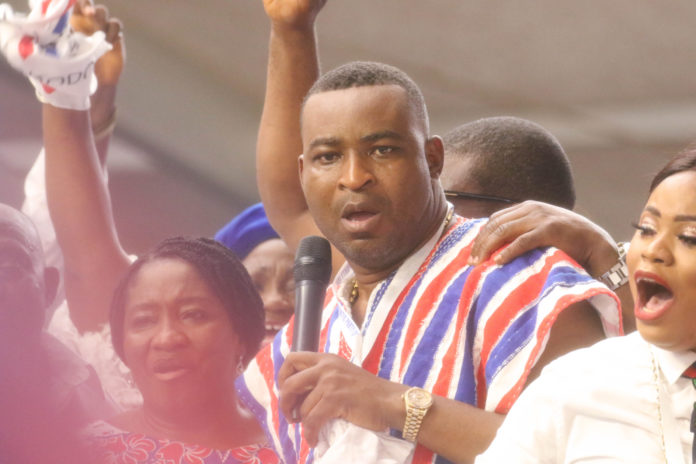
Bernard Antwi Boasiako, popularly known as Chairman Wontumi, the Ashanti Regional Chairman of the New Patriotic Party (NPP), has called on the youth of Ghana to support Vice President Dr Mahamudu Bawumia in the upcoming presidential election. According to Wontumi, electing Dr Bawumia will usher in a transformative era where young people can attend university using just their Ghana Cards and secure jobs with monthly salaries of ?8,000 upon graduation.
Speaking to a gathering, Chairman Wontumi explained that under a Bawumia presidency, the process of accessing higher education would be streamlined through the use of the national identification card, the Ghana Card. Additionally, he claimed that graduates would have immediate access to jobs paying GHS 8,000 per month, with a payment plan in place to allow them to settle their education costs in instalments from their salaries.
“Dr Bawumia says that if you vote for him to become president, you should take your Ghana Card and attend university. Upon completion, there will be an immediate job available that pays GHS 8,000 a month,” Wontumi declared in a widely circulated video.
His remarks have sparked significant debate on social media, with many Ghanaians expressing scepticism and ridiculing the promises. Critics argue that the proposition of widespread high-paying jobs is unrealistic, especially in light of the current economic challenges facing the country.
Unemployment remains a critical issue in Ghana, with successive governments struggling to create sufficient job opportunities for graduates. According to a 2021 World Bank report, over 110,000 young people graduate from universities annually, but with limited economic expansion in non-oil and non-mineral sectors, graduate unemployment continues to rise. As of the third quarter of 2023, Ghana Statistical Service data showed that although 12 million Ghanaians were employed, about 2.06 million were unemployed, representing an unemployment rate of 14.7%.
In particular, Greater Accra recorded the highest unemployment rate at 25.7%, meaning one in four economically active people in the capital is without work. The Ashanti and Western regions also faced high unemployment rates exceeding 16%, while the Oti region had the lowest unemployment rate at 6.4%. Gender disparities also persist, with 17.7% of economically active women being unemployed, compared to 10.9% of men.
The promise of instant job placement and high salaries has left many Ghanaians questioning the feasibility of Wontumi’s claims, given the nation’s persistent unemployment challenges.
Read Full Story

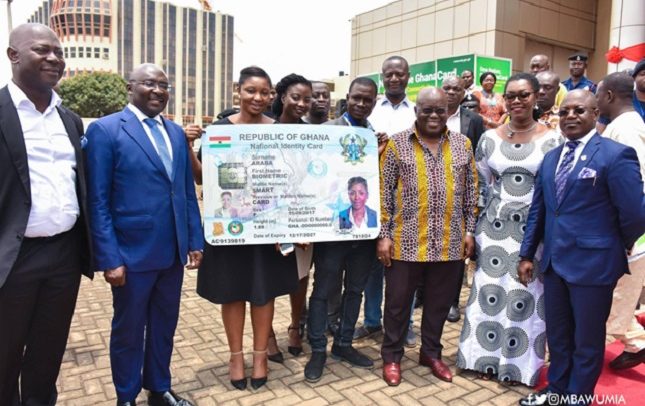
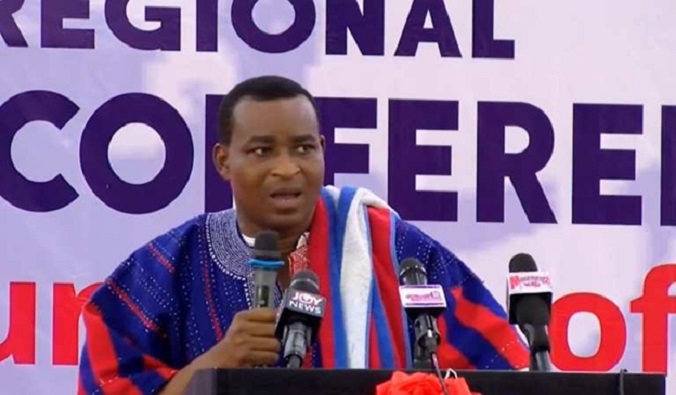
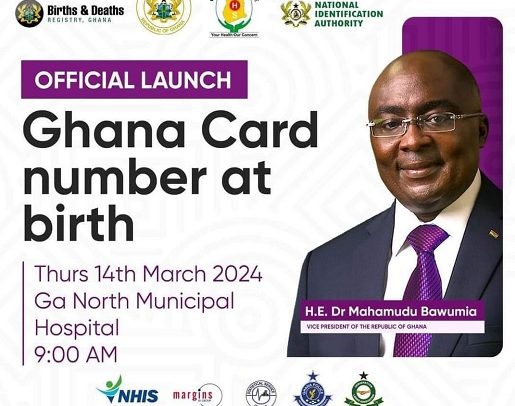

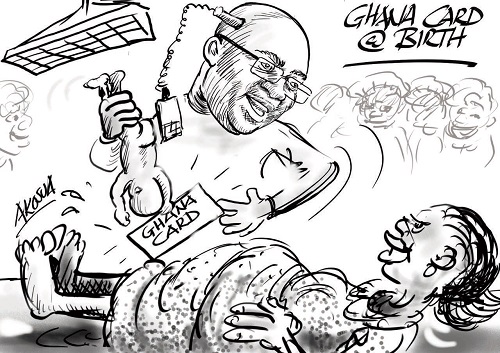
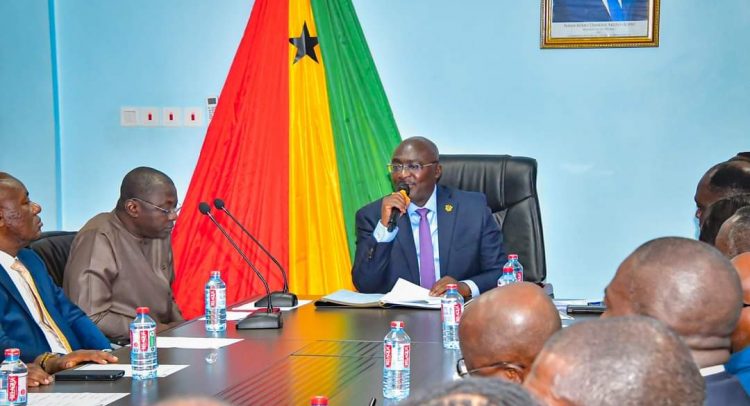




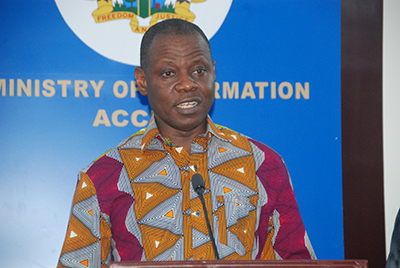
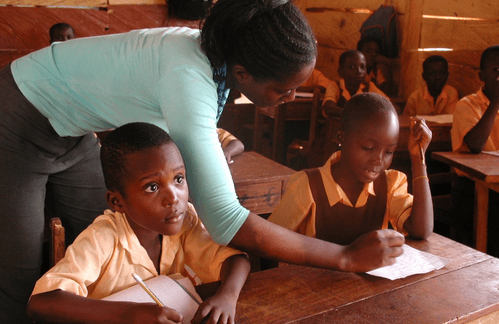





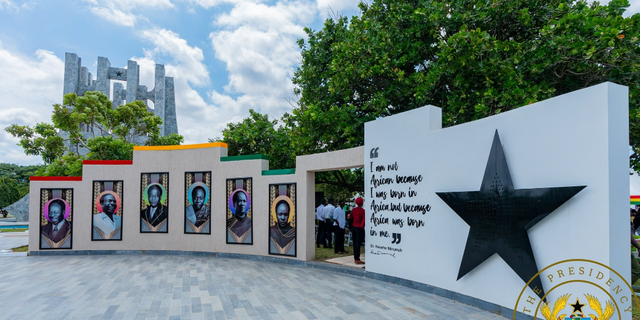

Facebook
Twitter
Pinterest
Instagram
Google+
YouTube
LinkedIn
RSS